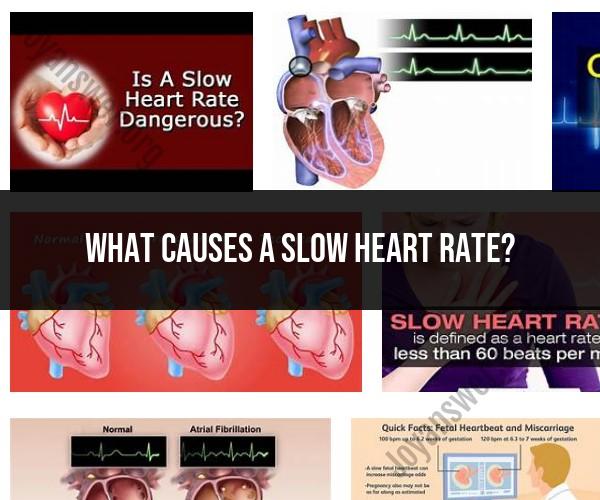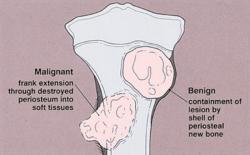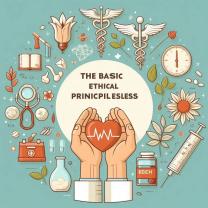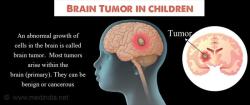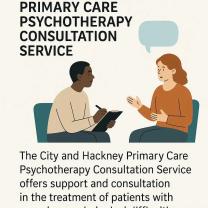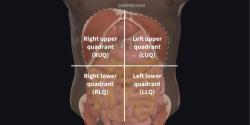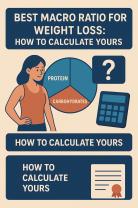What causes a slow heart rate?
A slow heart rate, also known as bradycardia, can have various causes, ranging from normal physiological factors to medical conditions. Here are some common causes of a slow heart rate:
Normal Aging: As people age, their heart rate tends to naturally decrease. This is usually not a cause for concern unless it becomes excessively slow.
Athletic Training: Well-conditioned athletes often have lower resting heart rates because their hearts are more efficient at pumping blood. This is a normal adaptation to exercise.
Medications: Some medications, such as beta-blockers, calcium channel blockers, and anti-arrhythmics, can slow down the heart rate as a side effect.
Abnormal Electrical Pathways: Issues with the heart's electrical system, such as heart blocks or sick sinus syndrome, can disrupt the normal pacing of the heart and lead to bradycardia.
Sinus Node Dysfunction: The sinoatrial (SA) node, often called the heart's natural pacemaker, may not function properly, resulting in a slower heart rate.
Vagal Stimulation: Stimulation of the vagus nerve, which can happen due to activities like straining during bowel movements, can temporarily slow the heart rate (vasovagal response).
Hypothyroidism: An underactive thyroid gland can cause a variety of symptoms, including bradycardia.
Infections: Certain infections, such as Lyme disease or viral infections of the heart, can lead to a slow heart rate.
Heart Attack: Damage to the heart muscle, as seen in a heart attack, can disrupt the electrical signals in the heart and cause bradycardia.
Electrolyte Imbalances: An imbalance in electrolytes, particularly potassium and calcium, can affect the heart's electrical conduction and lead to bradycardia.
Sleep Apnea: This condition, characterized by interruptions in breathing during sleep, can result in bradycardia during episodes of apnea (no breathing).
Certain Genetic Conditions: Some individuals may have genetic conditions that predispose them to bradycardia.
Severe Hypothermia: Extremely low body temperature can slow down many bodily processes, including heart rate.
It's important to note that not all instances of bradycardia require medical intervention. In some cases, such as in well-trained athletes, a slow heart rate is a normal and healthy adaptation. However, if bradycardia is causing symptoms like dizziness, fainting, shortness of breath, or chest pain, or if it is associated with an underlying medical condition, it should be evaluated and treated by a healthcare professional. Treatment options may include medication adjustments, a pacemaker implant, or addressing the underlying cause.
